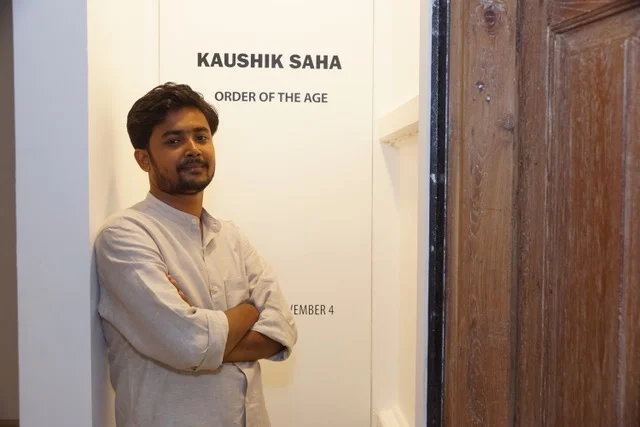Alumni Update: Sanika Hakim
Bacteria are the millions of tiny living organisms that are omnipresent in our ecosystem. These “primitive” creatures reside everywhere from the deepest of seas, the saltiest of lakes, the hottest of springs and the coldest of deserts. We have hundreds of different bacterial species on our skin, hair, hands, mouth and gut, and while I’ve written this, probably thousands have multiplied to give rise to a new generation of their offspring! It’s fascinating that we, as complex organisms with high cognitive functions, have constantly been bested by these “simple” microorganisms.
An initial interest in microbiology led me into an internship in a laboratory at the Indian Institute of Science Education and Research, Pune, where I realised that bacteria were in fact, far from simple. I continued to do laboratory internships over the next three summers, working in different institutes and on different aspects of microbial research. With each project, I learned more about bacteria and it bolstered my love for the subject. During a notable summer at Indiana University, I came to know that bacteria “talk” to each other, to regulate their behaviour! From then onwards, bacterial communication has been a central theme of the research projects I have been associated with.
The year of 2015 was especially memorable for me. I had been selected at Imperial College London for a Master’s program, and shortly after, awarded the Inlaks scholarship. These two milestones marked a new beginning. At Imperial, I contributed to the discovery of a new antibiotic resistance mechanism that utilised bacterial communication. This work sealed my motivation to study the role of communication in bacterial populations. Consequently, last year, I was offered a PhD position at the Max Planck Institute for Terrestrial Microbiology in Marburg, Germany.
Currently, I am part of a laboratory whose primary research revolves around the behaviour of bacteria in communities, called “biofilms”. My project concerns the interaction between bacteria in these biofilms when encountered by bacteria-eating viruses (also called “bacteriophages”). So far, we have evidence suggesting that bacteria are able to modify their response to the bacteriophages by communicating with their neighbours. We hope to elucidate this dynamic interaction to correctly understand the conditions in which bacteria can or cannot survive the fatal effects of the bacteriophages. This work is a forerunner in the process of the development of a therapeutic method to utilise bacteriophages for killing disease-causing bacteria, also known as “phage therapy”.
Bacteria have constantly plagued the earth and human history is punctuated with pandemics. Over time, we developed ways to fight back against disease-causing bacteria, but bacteria have been able to adapt, creating an arms race. With the introduction of antibiotics, we are now driving faster evolution of bacteria, creating antibiotic resistant superbugs. Now, the hunt is on for new therapeutics. I am thrilled to be a part of the community striving for a better understanding of how bacteria behave so that we may stay ahead in this battle.








